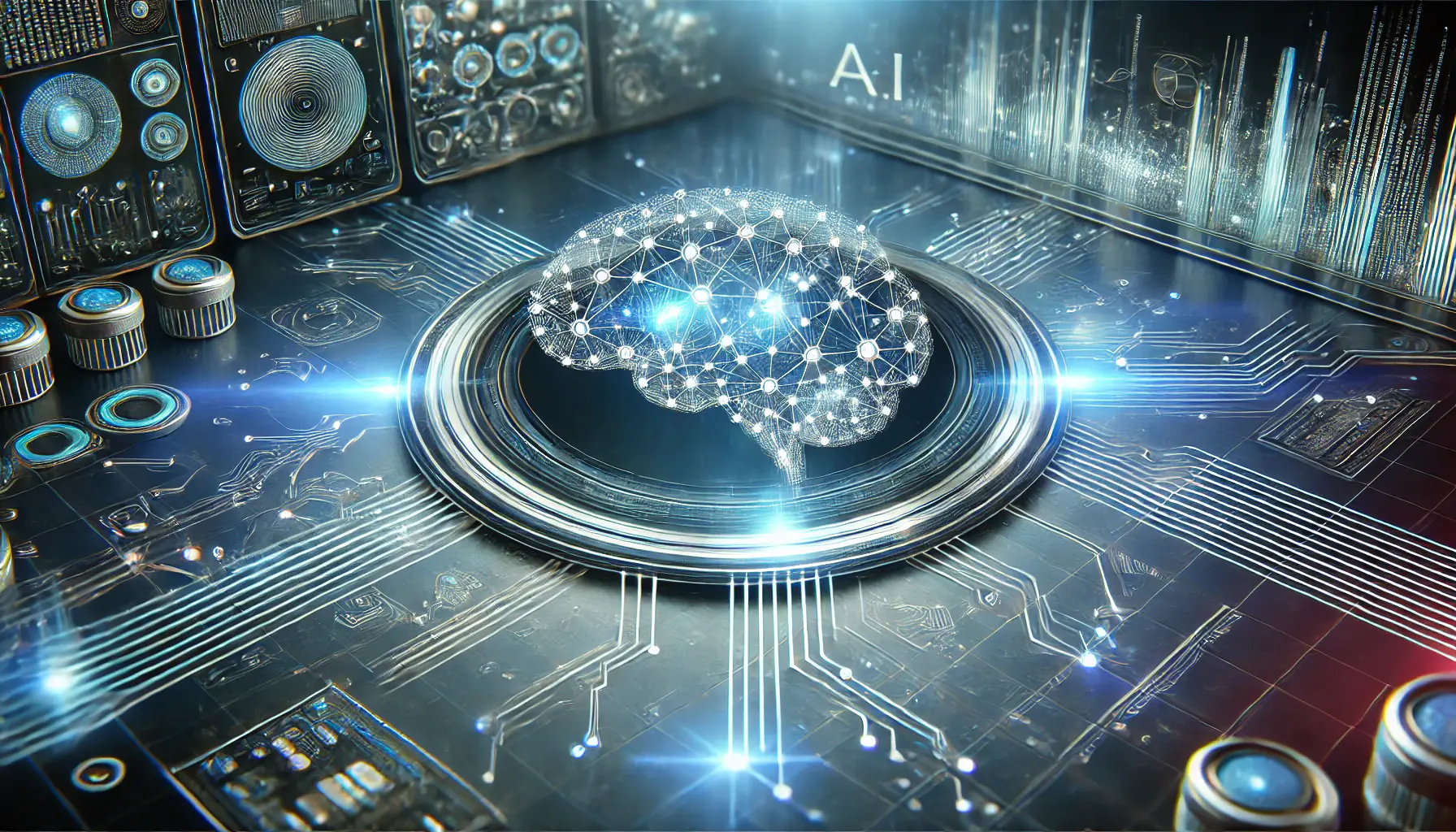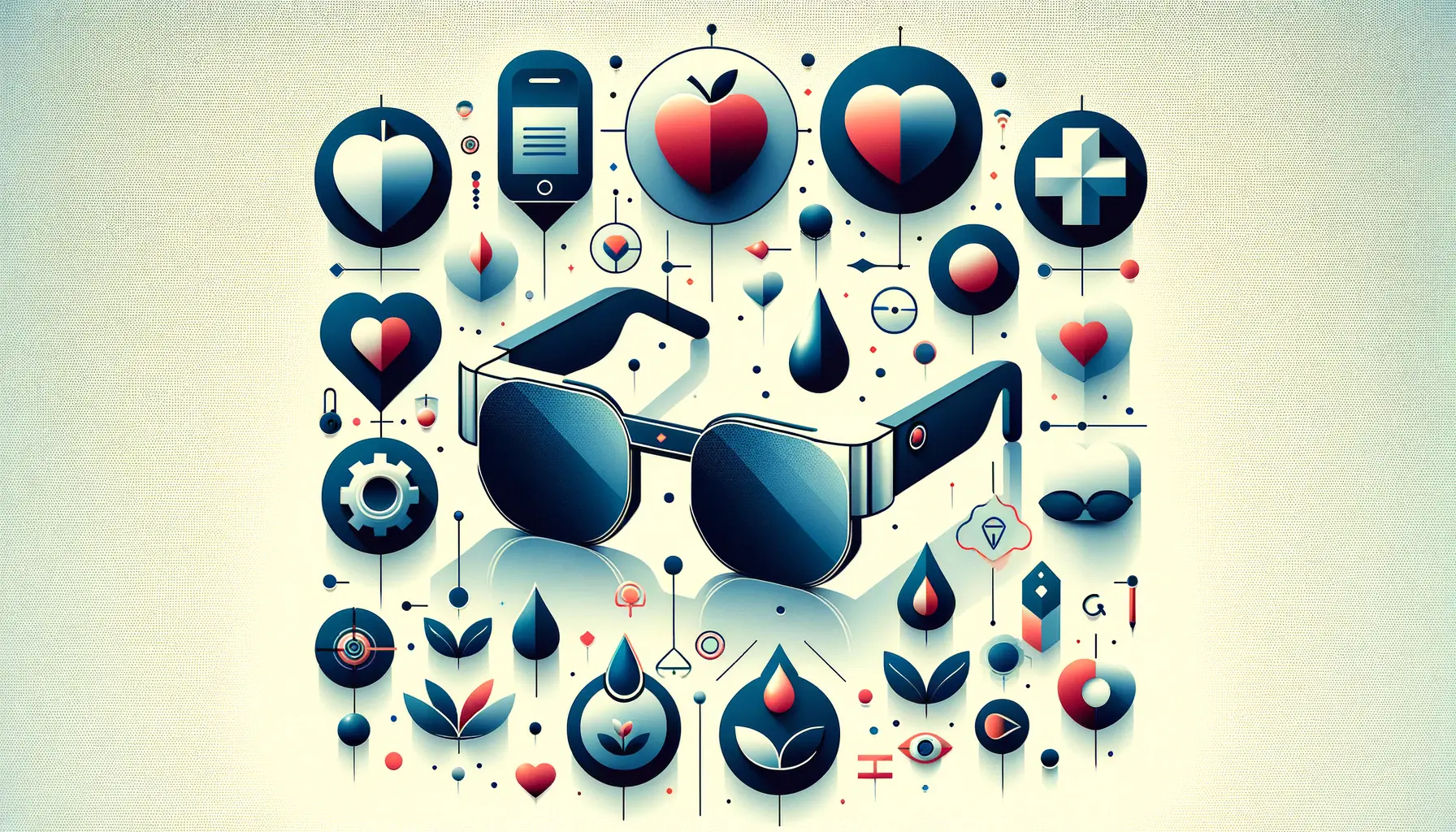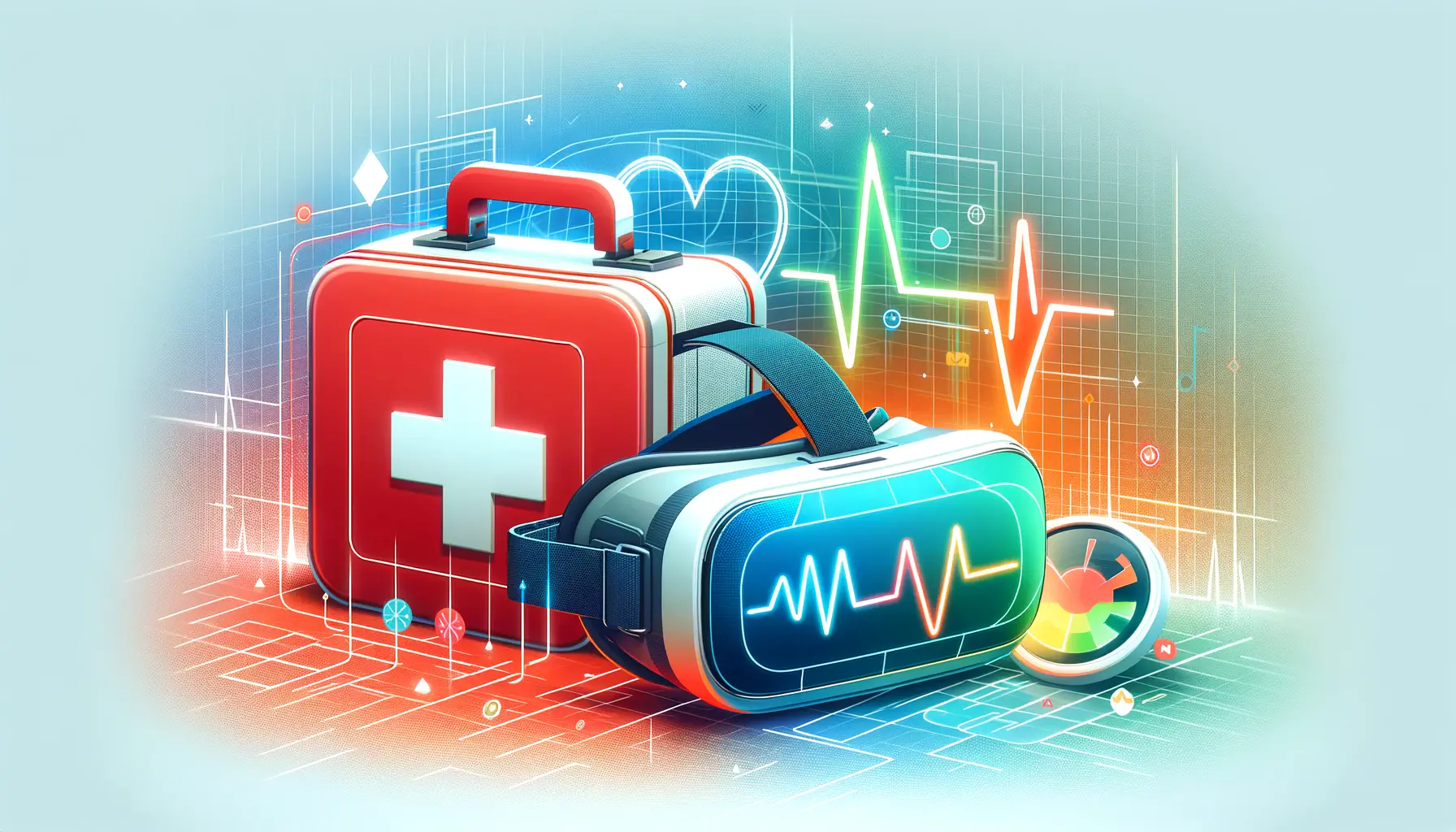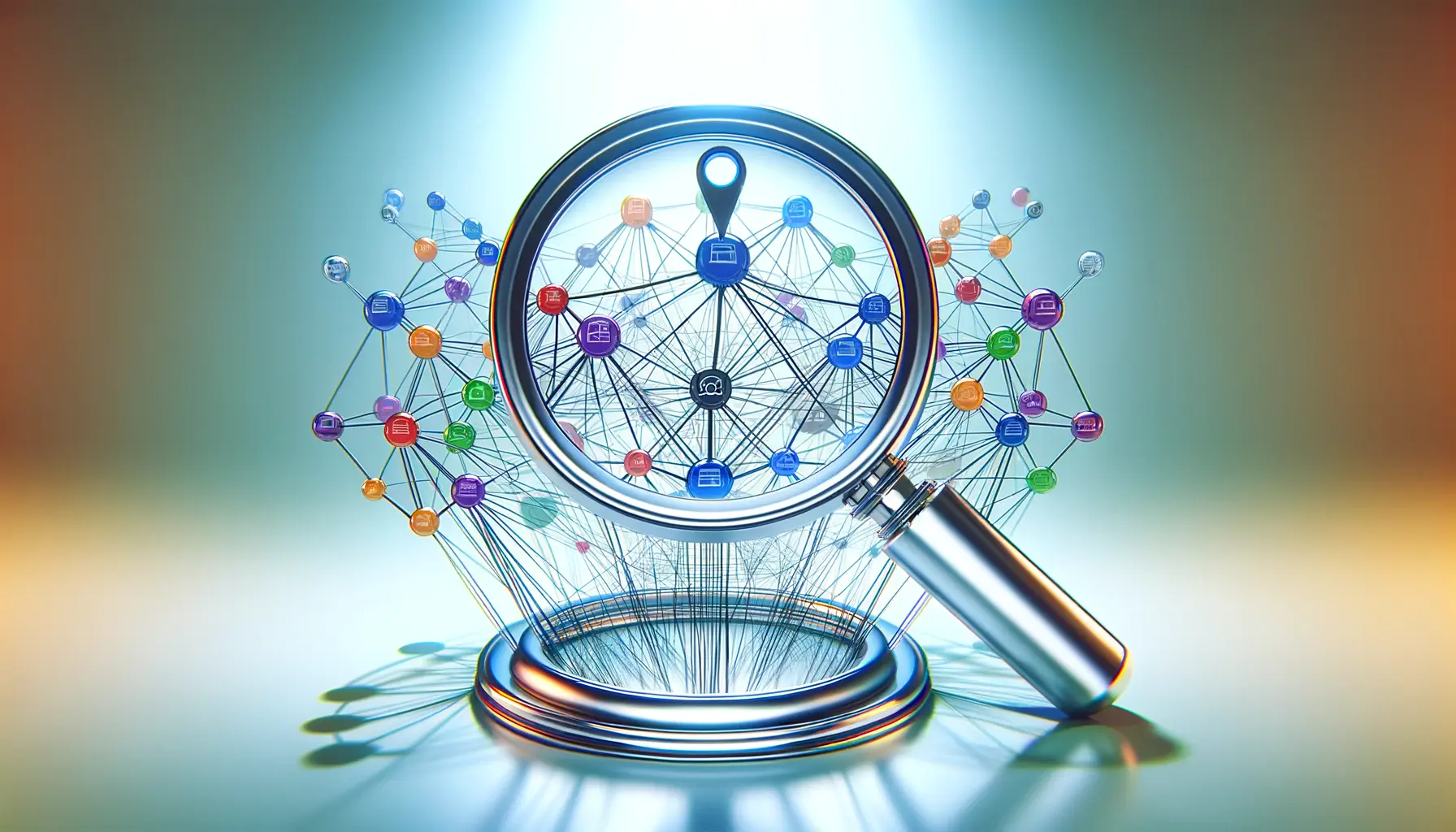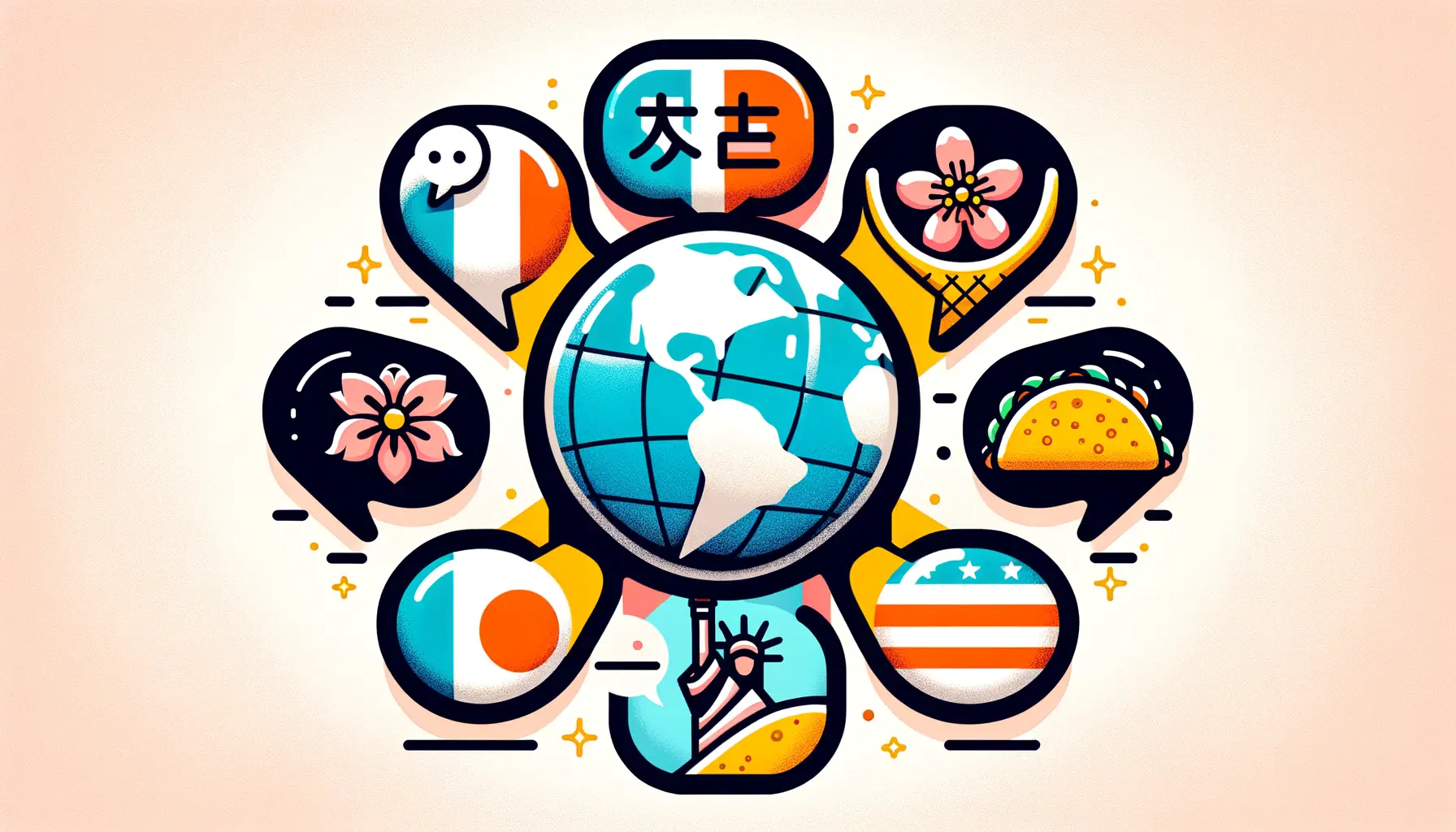In the rapidly evolving landscape of mental health care, the integration of artificial intelligence (AI) technologies like ChatGPT 4 has opened new avenues for support and therapy.
This innovative approach to mental health care leverages the advanced capabilities of AI to offer personalized, accessible, and efficient assistance to individuals facing mental health challenges.
The advent of ChatGPT 4, with its enhanced understanding and interaction capabilities, marks a significant milestone in the use of technology to complement traditional mental health services.
The significance of mental health has never been more pronounced, with global events highlighting the urgent need for more robust support systems.
ChatGPT 4 emerges as a beacon of hope, offering a unique blend of empathy and AI-driven insights to help individuals navigate their mental health journeys.
By providing 24/7 support, ChatGPT 4 ensures that help is always available, breaking down barriers to access and offering a new level of empowerment to those seeking mental wellness.
- Understanding ChatGPT 4’s Role in Mental Health
- ChatGPT 4’s Impact on Therapy and Counseling
- Challenges and Ethical Considerations
- Integrating ChatGPT 4 into Existing Mental Health Frameworks
- Future Directions in AI and Mental Health
- Training and Education in AI for Mental Health Professionals
- Community and Peer Support: Amplifying AI’s Impact
- Embracing the Future of Mental Health Support with ChatGPT 4
- FAQs on ChatGPT 4 for Mental Health Support
Understanding ChatGPT 4’s Role in Mental Health
The Evolution of AI in Mental Health Support
The journey of AI in mental health support has been transformative, evolving from simple chatbots to sophisticated models like ChatGPT 4.
This evolution reflects a deeper understanding of mental health needs and the potential of AI to meet these needs with unprecedented precision and empathy.
ChatGPT 4, with its advanced natural language processing capabilities, represents the culmination of years of research and development aimed at creating an AI that can understand and respond to human emotions and queries in a way that feels both natural and supportive.
ChatGPT 4’s role in mental health goes beyond mere conversation.
It acts as a first point of contact, a confidential space where individuals can express their feelings, fears, and thoughts without judgment.
This level of interaction was previously unattainable in earlier versions of AI, making ChatGPT 4 a significant leap forward in mental health support.
Personalization and Accessibility
One of the standout features of ChatGPT 4 is its ability to offer personalized support.
By analyzing the user’s input, ChatGPT 4 can tailor its responses to fit the individual’s specific situation, providing advice, exercises, or simply a listening ear, based on the context of the conversation.
This personalization makes the support more relevant and effective, fostering a deeper connection between the user and the AI.
Accessibility is another critical aspect of ChatGPT 4’s impact on mental health.
With just a few clicks, anyone with internet access can reach out for help, anytime and anywhere.
This ease of access is crucial for providing support in moments of crisis or when traditional therapy options might not be available.
ChatGPT 4’s 24/7 availability ensures that users always have a supportive presence, offering comfort and guidance through difficult times.
ChatGPT 4’s integration into mental health care exemplifies the potential of AI to transform the accessibility and personalization of support services, making mental health care more inclusive and effective for everyone.
ChatGPT 4’s Impact on Therapy and Counseling
The integration of ChatGPT 4 into the realm of therapy and counseling has been a game-changer, offering new methods for therapists to engage with clients and for individuals to access self-help tools.
This section delves into how ChatGPT 4 is reshaping the therapeutic landscape, enhancing the delivery of mental health services, and providing innovative solutions for self-managed care.
Innovations in Therapeutic Practices
Therapists and counselors are increasingly incorporating ChatGPT 4 into their practice, using it as a supplementary tool to provide continuous support to their clients.
ChatGPT 4’s capabilities allow for:
- Homework assignments: Therapists can use ChatGPT 4 to assign and monitor homework, such as reflective writing or cognitive exercises, enhancing the therapy experience outside of sessions.
- Immediate support: Clients can interact with ChatGPT 4 between sessions, helping them manage acute episodes or practice coping strategies in real-time.
- Enhanced engagement: The AI’s ability to provide personalized interactions increases client engagement, a key factor in successful therapy outcomes.
Self-Help and Crisis Intervention
For individuals seeking self-managed mental health support, ChatGPT 4 offers a range of tools and resources.
Its impact is particularly notable in:
- Self-assessment tools: Users can engage with ChatGPT 4 to understand their mental state better, using interactive quizzes and questionnaires designed to identify symptoms of common mental health conditions.
- Crisis intervention: ChatGPT 4 can provide immediate, guided support to individuals experiencing a mental health crisis, offering coping mechanisms and directing them to emergency resources if necessary.
- Learning and development: Users can learn about mental health, discover coping strategies, and build resilience through educational content tailored by ChatGPT 4.
The versatility of ChatGPT 4 in therapy and counseling underscores its potential to revolutionize mental health care.
By providing a bridge between professional support and self-help, ChatGPT 4 empowers individuals to take an active role in their mental health journey, fostering a culture of resilience and self-care.
The adoption of ChatGPT 4 in therapy and counseling not only enhances the therapist-client relationship but also democratizes access to mental health support, making it more accessible and effective for a broader audience.
Challenges and Ethical Considerations
While the benefits of ChatGPT 4 in mental health support are significant, it’s crucial to address the challenges and ethical considerations that accompany its use.
These concerns revolve around privacy, accuracy of support, and the potential for dependency on AI for emotional support.
Privacy and Data Security
One of the primary concerns with using ChatGPT 4 for mental health support is the handling of sensitive personal information.
Users share intimate details about their lives, expecting confidentiality and security.
Ensuring the privacy and protection of this data is paramount, requiring robust encryption and strict data handling policies.
The potential for data breaches poses a significant risk, potentially undermining trust in AI as a tool for mental health support.
Accuracy and Appropriateness of Responses
Another challenge is ensuring the accuracy and appropriateness of ChatGPT 4’s responses.
While AI has advanced significantly, it’s not infallible and may occasionally provide responses that are not suitable for a user’s specific situation.
This issue highlights the importance of:
- Continuous monitoring and updating of AI models to improve response accuracy.
- Incorporating feedback mechanisms for users to report unsatisfactory interactions.
- Setting clear limitations on the scope of AI’s capabilities in mental health support.
Dependency on AI for Emotional Support
The potential for individuals to become overly reliant on ChatGPT 4 for emotional support is a concern that warrants attention.
While ChatGPT 4 can offer valuable assistance, it cannot replace human empathy and the nuanced understanding that comes from human therapists.
Strategies to mitigate dependency include:
- Encouraging users to seek human support for complex issues.
- Limiting the frequency of interactions with ChatGPT 4 to prevent over-reliance.
- Providing clear guidelines on the role of ChatGPT 4 as a support tool rather than a therapy substitute.
Addressing these challenges requires a collaborative effort among AI developers, mental health professionals, and regulatory bodies.
By establishing guidelines and standards for the use of AI in mental health, we can harness the benefits of ChatGPT 4 while minimizing risks and ethical concerns.
It’s essential to navigate the ethical landscape with care, ensuring that ChatGPT 4 serves as a beneficial adjunct to traditional mental health support, rather than a replacement or source of additional concerns.
Integrating ChatGPT 4 into Existing Mental Health Frameworks
The integration of ChatGPT 4 into existing mental health frameworks presents an opportunity to enhance the spectrum of care provided to individuals.
This process involves collaboration between technology developers, mental health professionals, and healthcare systems to ensure that ChatGPT 4 complements traditional therapy methods and support systems effectively.
Strategies for Effective Integration
Effective integration of ChatGPT 4 into mental health care requires a multi-faceted approach.
Key strategies include:
- Training for mental health professionals on the capabilities and limitations of ChatGPT 4, ensuring they can guide clients in its use.
- Developing protocols for incorporating ChatGPT 4 into treatment plans, including criteria for its use and monitoring its impact on client outcomes.
- Creating a feedback loop between clients, therapists, and AI developers to continually refine ChatGPT 4’s responses and functionalities based on real-world use.
Collaboration Between AI Developers and Healthcare Providers
Collaboration is crucial for the successful integration of ChatGPT 4 into mental health care.
AI developers need to work closely with healthcare providers to:
- Understand the specific needs and challenges of mental health care.
- Ensure that ChatGPT 4 adheres to healthcare regulations and ethical standards.
- Customize ChatGPT 4’s functionalities to support a wide range of mental health conditions and therapeutic approaches.
Case Studies: Success Stories and Lessons Learned
Several case studies highlight the successful integration of ChatGPT 4 into mental health care.
For instance, a therapy center implemented ChatGPT 4 as a supplementary tool for cognitive-behavioral therapy (CBT) homework, resulting in increased homework completion rates and client engagement.
Another example is a crisis hotline that used ChatGPT 4 to provide initial support and triage, allowing human operators to focus on more severe cases.
These case studies demonstrate the potential of ChatGPT 4 to enhance care but also underscore the importance of human oversight and the tailored application of AI tools.
By thoughtfully integrating ChatGPT 4 into existing mental health frameworks, we can create a more resilient, accessible, and effective mental health care system.
This integration not only extends the reach of mental health services but also introduces a new dimension of support, empowering individuals to take control of their mental health journey.
The integration of ChatGPT 4 into mental health care represents a forward-thinking approach to addressing the growing demand for mental health services, offering a scalable and personalized support system.
Future Directions in AI and Mental Health
The intersection of AI and mental health care is a dynamic field, ripe with potential for innovation and growth.
As we look to the future, several key trends and developments promise to further revolutionize how we approach mental health support and therapy.
The evolution of AI technologies like ChatGPT 4 is at the forefront of this transformation, offering new possibilities for personalized care, early intervention, and global access to mental health resources.
Advancements in Personalized Care
Future iterations of AI in mental health are expected to offer even more personalized and nuanced support.
By leveraging vast datasets and sophisticated machine learning algorithms, AI will be able to understand individual users’ needs with greater depth and accuracy.
This will enable AI systems to provide highly tailored advice, therapeutic interventions, and support, closely aligned with each user’s unique mental health journey.
The goal is to create an AI companion that can adapt to changing needs over time, offering relevant support at every stage of the user’s life.
Early Detection and Intervention
One of the most promising areas of development is the use of AI for early detection and intervention in mental health issues.
Future AI systems will be capable of analyzing subtle patterns in language, behavior, and social media activity to identify signs of mental health distress early on.
This early detection capability will allow for timely intervention, potentially preventing the escalation of mental health issues.
By integrating these AI systems into educational, workplace, and healthcare settings, we can create a proactive approach to mental health care, focusing on prevention as much as treatment.
Expanding Global Access to Mental Health Support
AI technologies like ChatGPT 4 have the potential to dramatically expand access to mental health support, especially in underserved and remote areas.
Future developments will focus on creating AI systems that can operate with minimal resources, making them accessible to individuals in low-income countries or regions with limited access to mental health professionals.
Additionally, AI can help overcome language and cultural barriers, providing personalized support in a user’s native language and cultural context.
This global reach is crucial for addressing the worldwide mental health crisis and ensuring that everyone, regardless of location or economic status, has access to quality mental health care.
The future of AI in mental health care is bright, with advancements that promise to make mental health support more accessible, personalized, and effective.
As we continue to explore the potential of AI like ChatGPT 4, it’s clear that the integration of technology into mental health care will play a pivotal role in shaping the future of mental wellness.
The ongoing development of AI in mental health care is a testament to the potential of technology to enhance human well-being, offering hope and support to those navigating the challenges of mental health issues.
Training and Education in AI for Mental Health Professionals
The integration of AI, particularly ChatGPT 4, into mental health services necessitates a parallel evolution in the training and education of mental health professionals.
As AI tools become more embedded in therapeutic practices, professionals need to be equipped with the knowledge and skills to effectively incorporate these technologies into their work.
This involves understanding the capabilities of AI, ethical considerations, and strategies for blending AI with traditional therapeutic techniques.
Core Components of AI Training for Mental Health Professionals
- Understanding AI Capabilities: Professionals must learn about the strengths and limitations of AI in mental health support, including how AI can be used to augment therapy, provide support between sessions, and assist in the diagnosis and monitoring of mental health conditions.
- Ethical Use of AI: Training should cover the ethical implications of using AI in therapy, including issues related to privacy, consent, and the potential for AI to influence the therapeutic relationship.
- Integrating AI with Traditional Therapies: Professionals need guidance on how to seamlessly integrate AI tools like ChatGPT 4 into their therapeutic practice, ensuring that these tools complement rather than replace human interaction.
Developing AI-Informed Curricula
Educational institutions and professional bodies have a role to play in developing curricula that incorporate AI training for mental health professionals.
This includes:
- Offering courses and workshops on the use of AI in mental health care.
- Incorporating case studies and practical examples of AI in therapeutic settings into existing courses.
- Providing resources and access to AI tools for hands-on learning experiences.
Continuing Education and Professional Development
As AI technology continues to evolve, ongoing education and professional development will be crucial for mental health professionals.
This ensures they remain up-to-date with the latest advancements and ethical standards in AI use.
Strategies for ongoing education include:
- Online courses and webinars focused on the latest AI developments in mental health.
- Professional networks and forums for sharing experiences and strategies for integrating AI into practice.
- Research and publications on the effectiveness and challenges of using AI in mental health care.
By prioritizing the training and education of mental health professionals in the use of AI, we can enhance the quality and effectiveness of mental health services.
This not only prepares professionals for the future of mental health care but also ensures that the integration of AI into therapeutic practices is done ethically and effectively, maximizing the benefits for clients.
Empowering mental health professionals with the knowledge and skills to use AI tools like ChatGPT 4 is essential for the ethical and effective integration of technology into mental health care.
Community and Peer Support: Amplifying AI’s Impact
The role of community and peer support in mental health care is invaluable, offering a sense of belonging, shared experiences, and mutual encouragement.
Integrating AI technologies like ChatGPT 4 into these support networks can amplify their impact, providing scalable, personalized assistance alongside human connection.
This synergy between AI and human support fosters a comprehensive support ecosystem that is both technologically advanced and deeply human.
Enhancing Peer Support Networks with AI
- Accessibility: AI can make peer support more accessible, connecting individuals across different geographies and time zones, ensuring that support is available 24/7.
- Matching: Through AI algorithms, individuals can be matched with peers who have similar experiences or challenges, enhancing the relevance and effectiveness of the support received.
- Resource Sharing: AI can facilitate the sharing of resources and information within peer support networks, ensuring that individuals have access to the latest mental health tools and strategies.
Building AI-Enhanced Community Platforms
Developing online platforms that integrate AI with community support can offer a new dimension to mental health care.
These platforms can:
- Provide a safe space for individuals to share their experiences and seek support.
- Offer AI-driven insights and suggestions to enhance the quality of support and engagement within the community.
- Enable real-time monitoring and intervention by mental health professionals when necessary, ensuring that individuals receive the right level of support at the right time.
Case Studies: Successes in AI-Enhanced Support Networks
Several initiatives have successfully integrated AI into community and peer support, demonstrating the potential of this approach.
For example, a mental health advocacy group launched an AI-powered forum that provides moderated peer support, resource recommendations, and personalized coping strategies.
This platform has seen significant engagement, with users reporting improvements in their mental health and well-being.
Another case involves an app that uses AI to connect users with peer support groups and mental health professionals, offering a blended model of care that has been highly effective in providing early intervention and ongoing support.
The integration of AI like ChatGPT 4 into community and peer support networks represents a promising frontier in mental health care.
By leveraging the scalability and personalization capabilities of AI, these networks can offer more effective, accessible, and timely support to individuals, complementing traditional mental health services and enhancing the overall care ecosystem.
The future of mental health care lies in the harmonious integration of technology and human compassion, with AI-enhanced community and peer support playing a pivotal role in creating a more connected and supportive mental health landscape.
Embracing the Future of Mental Health Support with ChatGPT 4
The journey through the landscape of mental health support, with the integration of ChatGPT 4, illuminates a path filled with innovation, challenges, and immense potential.
As we stand on the brink of a new era in mental health care, the fusion of artificial intelligence and human empathy offers a beacon of hope for those navigating the complexities of mental health issues.
The evolution of ChatGPT 4 as a tool for mental health support is not just a testament to technological advancement but a reflection of our society’s growing commitment to mental wellness.
Key Takeaways and Future Prospects
The exploration of ChatGPT 4’s role in mental health has uncovered several key insights:
- The potential of ChatGPT 4 to provide personalized, accessible, and effective support is unparalleled, offering new avenues for individuals to seek help.
- Challenges such as privacy concerns, the accuracy of support, and the risk of dependency highlight the need for careful integration and ethical considerations.
- The importance of training and education for mental health professionals in leveraging AI tools underscores the collaborative nature of future mental health practices.
- Community and peer support networks, enhanced by AI, can amplify the impact of traditional support mechanisms, creating a more inclusive and supportive mental health ecosystem.
As we look to the future, the integration of ChatGPT 4 into mental health care holds the promise of transforming the landscape of mental health support.
The journey ahead involves navigating challenges, embracing innovations, and fostering collaborations that prioritize the well-being of individuals.
The potential of ChatGPT 4 to revolutionize mental health support is not just in its technological capabilities but in its ability to connect, understand, and empower individuals on their path to mental wellness.
Charting the Path Forward
The path forward for integrating ChatGPT 4 into mental health support is marked by opportunities for innovation, ethical considerations, and the continuous evolution of AI technologies.
To fully realize the potential of ChatGPT 4 in mental health, stakeholders across the spectrum of care must come together to:
- Develop ethical frameworks that prioritize the privacy and dignity of individuals seeking support.
- Continue advancing AI technologies to enhance their accuracy, empathy, and ability to provide personalized care.
- Expand access to AI-powered mental health tools, ensuring that individuals worldwide can benefit from these advancements.
In conclusion, ChatGPT 4 for mental health support represents a significant step forward in our collective journey towards a more empathetic, accessible, and effective mental health care system.
By embracing the possibilities offered by AI, while navigating its challenges with care and consideration, we can create a future where mental health support is available to all who need it, transcending barriers and transforming lives.
FAQs on ChatGPT 4 for Mental Health Support
Explore common questions about leveraging ChatGPT 4 for mental health support, offering insights into its application and benefits.
Yes, ChatGPT 4 offers 24/7 support, making it a valuable resource for individuals seeking immediate assistance with mental health concerns.
No, while ChatGPT 4 can offer support, it should not replace therapy with a licensed professional but rather complement it.
ChatGPT 4 employs robust encryption and data protection policies to safeguard sensitive information shared during interactions.
Yes, ChatGPT 4 can provide guidance and coping strategies during crises, directing users to emergency resources when necessary.
ChatGPT 4 tailors its responses based on user interactions, offering personalized advice and support for a wide range of mental health issues.
ChatGPT 4 serves as an educational tool, providing information on mental health conditions, treatments, and coping strategies.
Professionals can use ChatGPT 4 to enhance therapy with homework assignments, support between sessions, and as a tool for client engagement.
Future advancements aim to improve ChatGPT 4’s accuracy, personalization, and its ability to detect and intervene in early stages of mental health issues.


